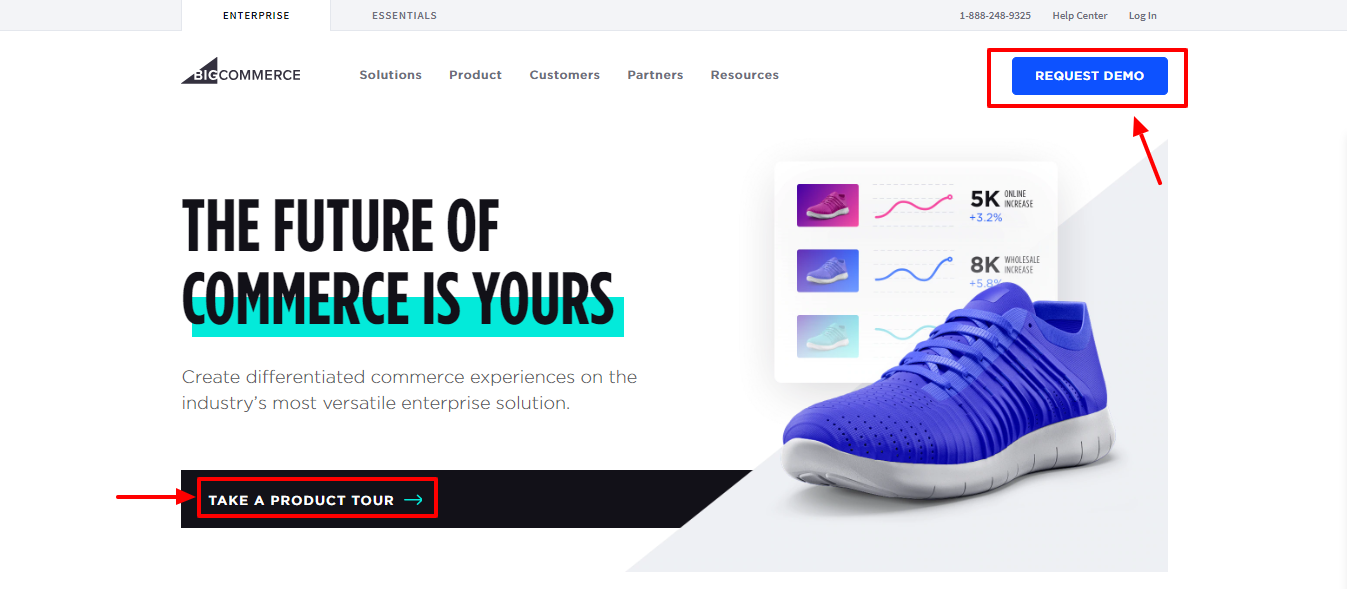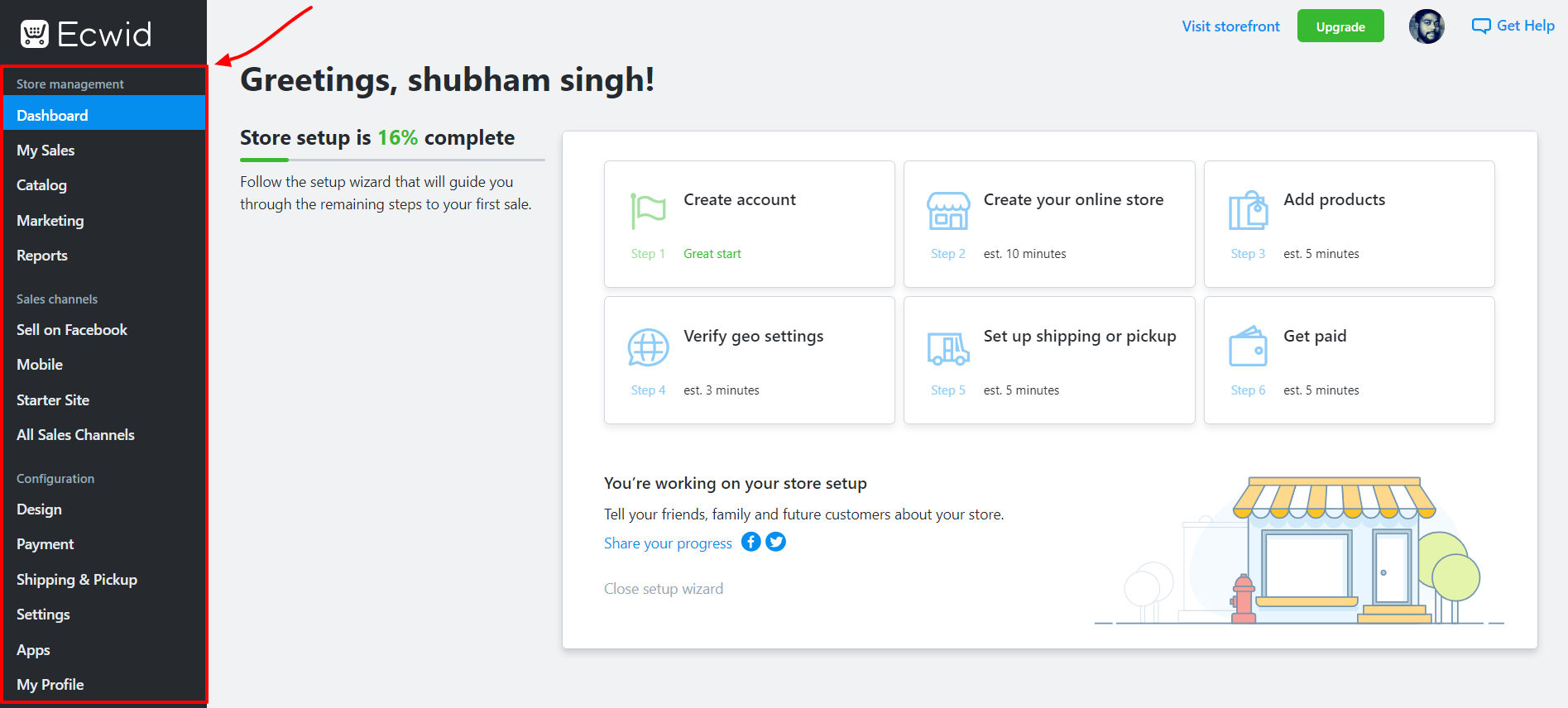How Did Shopify Become The Market Leader And What They’re Doing To Stay There?
It all started in 2004 when Tobias Lütke and Scott Lake decided to create an online store platform that would be easy to use. The two entrepreneurs had no idea that their platform would grow to become one of the most popular eCommerce solutions in the world.
Before Shopify, there were a few other platforms that businesses could use to create an online presence. However, these platforms were not as user-friendly or as comprehensive as Shopify is today.
In the early days of eCommerce, businesses had to build their own websites from scratch or hire a web developer to do it for them. This was a time-consuming and expensive process.
Moreover, it was difficult to set up an online payment system and integrate other essential features such as shipping and inventory management.
For a lot of businesses, the cost and effort involved simply weren’t worth it. As a result, many businesses did not have any online presence at all. Shopify has changed all that.
There’s no need to hire a web designer or developer, and there are no hosting fees or domain names to worry about. Best of all, Shopify is extremely affordable, making it within reach for even the smallest of businesses.
Today, Shopify powers more than 1,700,000 businesses in more than 175 countries. From small mom-and-pop shops to major global brands, Shopify provides everything businesses need to get started and succeed online. And it all started with a simple idea: to make it easy for anyone to start an online store.
How Did Shopify Become The Market Leader?
And what are they doing to stay there? Here’s a look at the key factors that have contributed to Shopify’s success:
Quick Links:
- Bold Commerce Review: Is It The Best Shopify Apps For Sales?
- Ecwid vs Shopify: Find Which Is The Best For You
- How To Find Best Dropshipping Shopify Products Ideas With This New Tool
Will Shopify remain the top choice for eCommerce?
With all that in mind, there’s no wonder that Shopify is the king when it comes to eCommerce platforms. However, there are some competitors out there that are giving Shopify a run for their money. Let’s take a look at some of them and see if these could at one point take over the top spot.
1. Wix Stores:
Wix is a website builder that has been around for quite some time. They recently launched their own eCommerce platform called Wix Stores. It’s still in its early stages, but it’s very user-friendly and shows a lot of promise.
It shares a lot of features with Shopify, such as the ability to use existing templates or create your own, add products, manage inventory, accept payments, and more.
Considering how new Wix is in that space, it’s definitely worth keeping an eye on them to see what innovations they’re able to bring to the table.
2. BigCommerce:
BigCommerce is another big player in the eCommerce space. They have a lot of features that appeal to larger businesses, such as enterprise-level security and scalability.
However, they also offer a lot of features that would be appealing to smaller businesses like an easy-to-use interface, a larger app store, and more built-in tools.
3. Volusion:
Volusion is an eCommerce platform that has been around for a while. One area where Volusion can beat Shopify is its focus on marketing.
They have a lot of built-in tools to help you with things like search engine optimization, social media integration, and more.
4. Squarespace Commerce:
Like Wix, Squarespace is also mainly known for its website builder, but they also offer an eCommerce platform called Squarespace Commerce.
When compared to Shopify, Squarespace Commerce seems to have a lot stronger focus on design. They have a lot of beautiful templates and offer some powerful tools for customizing your store’s look and feel.
5. Weebly Ecommerce:
Weebly is another website builder that offers an eCommerce platform called Weebly eCommerce. The basic features are again the same, but in addition, Weebly eCommerce is part of a larger ecosystem.
Weebly offers a website builder, an email marketing service, and more. This can be appealing for businesses who want to consolidate their web presence into one platform.
6. Ecwid:
Ecwid is an eCommerce platform that’s designed to be integrated into existing websites. When compared to Shopify, Ecwid offers more flexibility.
They have a lot of tools to help you customize the look and feel of your store, as well as the ability to add it to multiple sites.
7. WooCommerce:
WooCommerce is a WordPress plugin that turns your WordPress site into an eCommerce store. While it’s not the most advanced tool on this list, it does have a very appealing selling point – the fact that it’s free. This can be appealing for businesses that are on a tight budget.
8. PrestaShop:
PrestaShop is an open-source eCommerce platform that enables businesses of all sizes to create an online store. This means that the platform is powered by a community of users and developers who contribute to its development instead of relying on an internal team of developers.
This list is by no means exhaustive but it does give you some more popular and interesting ones. Depending on your exact needs, you may find a platform that has the correct focus to cater exactly to you. So make sure to do your research before settling on one.
And if you’re happy with Shopify, then, by all means, stick with them! There’s nothing wrong with that. They’re the undisputed king for a reason. But it’s always good to keep an eye on the competition to make sure you always get the best product for your business.









